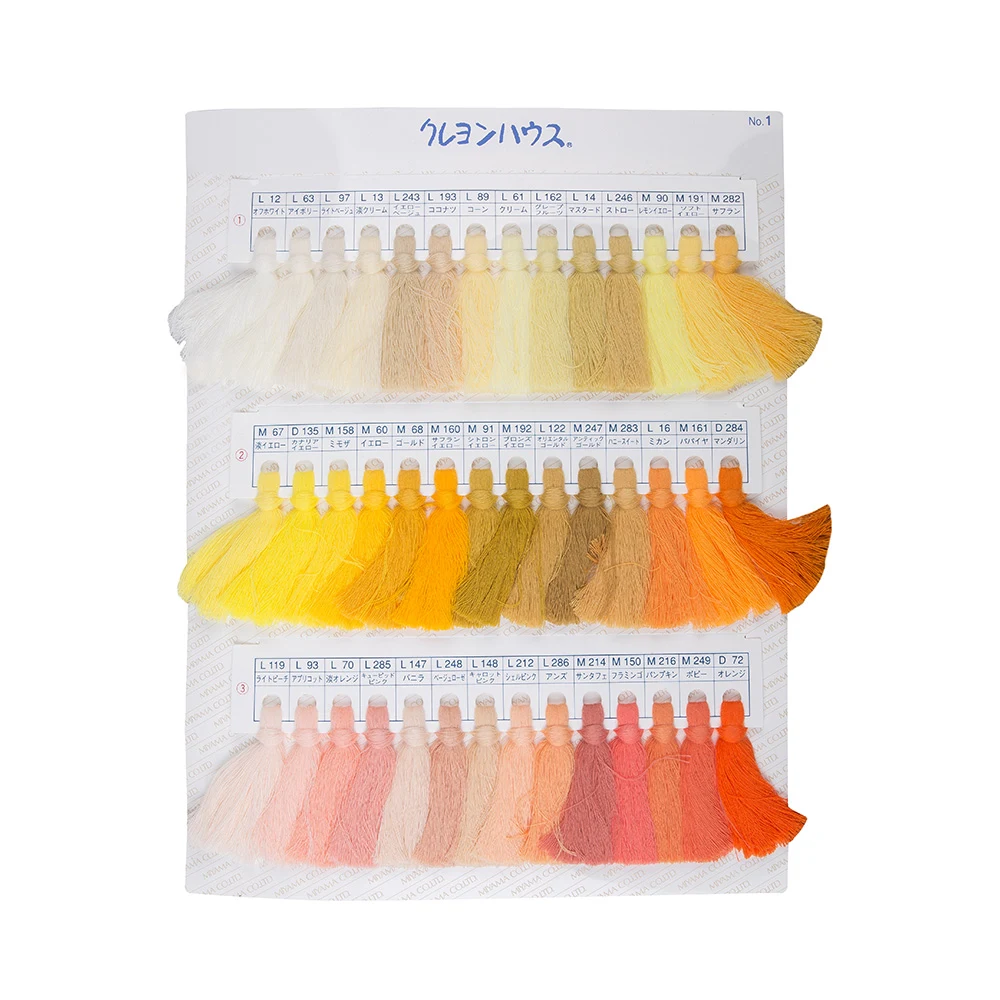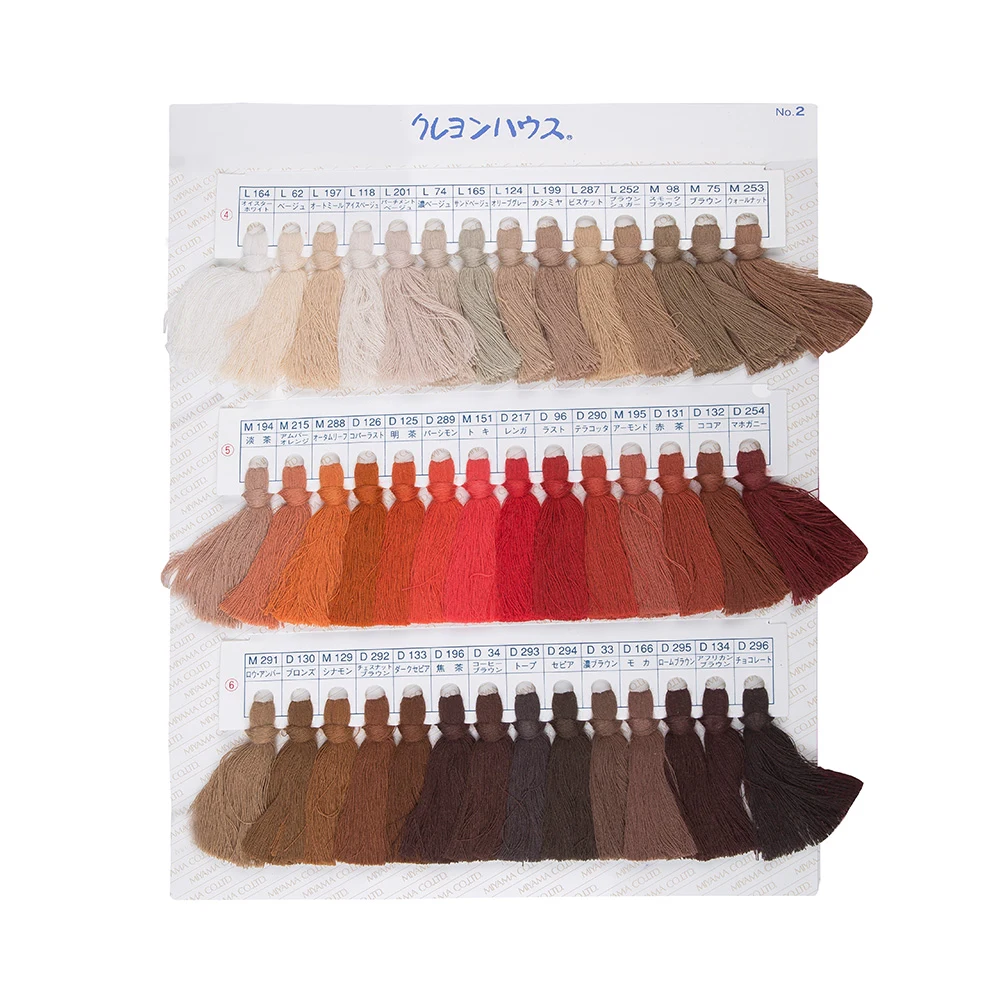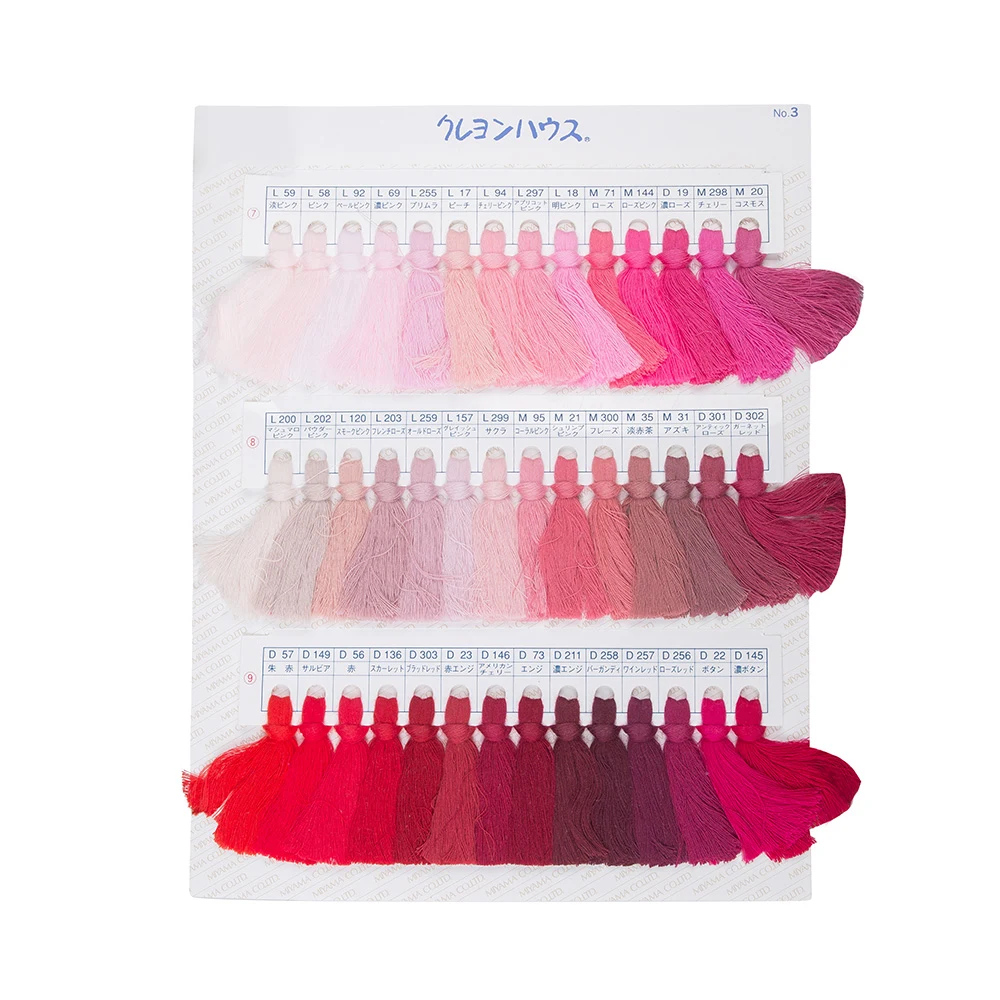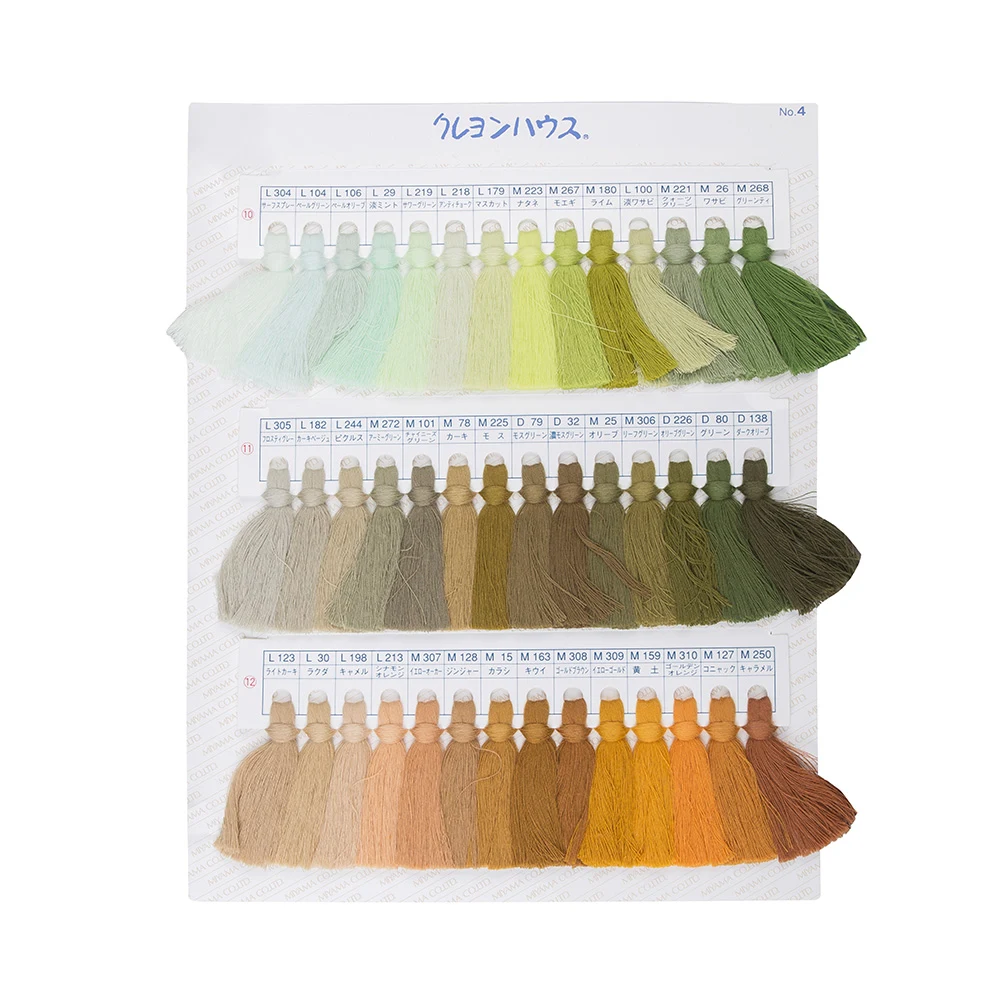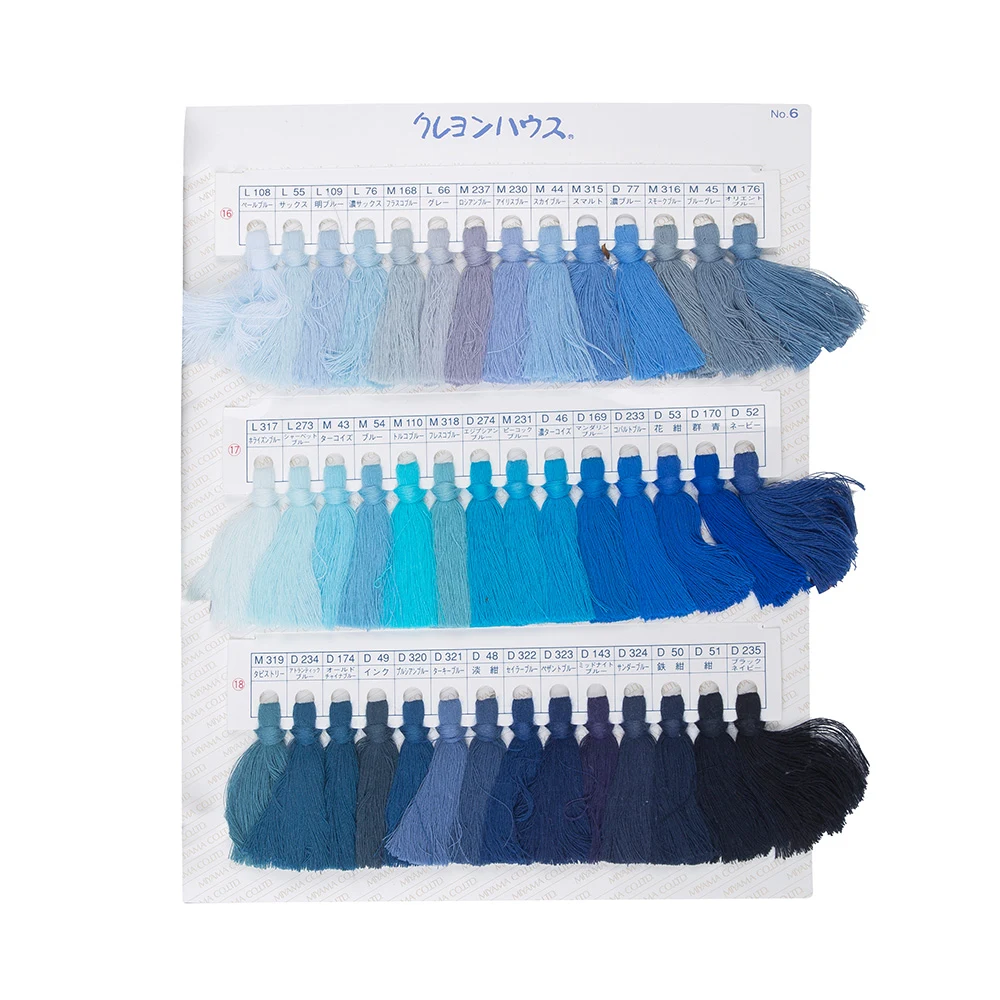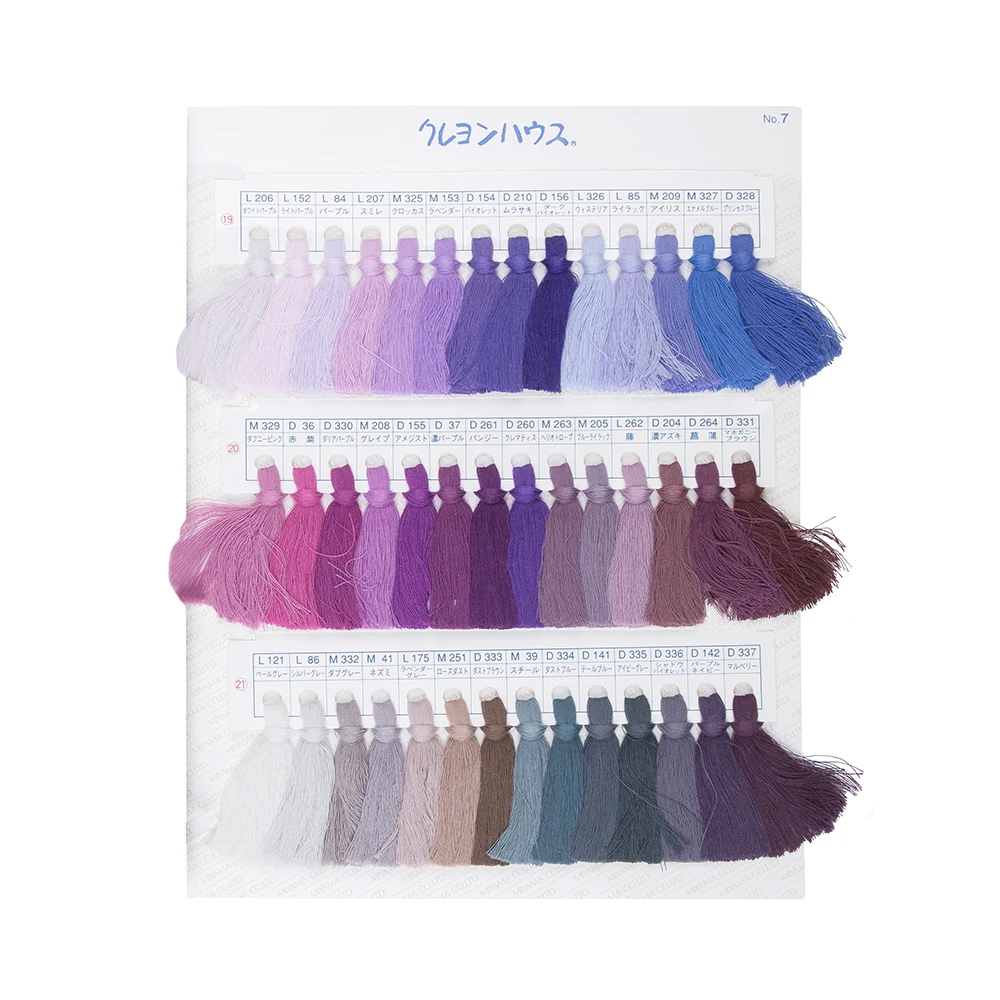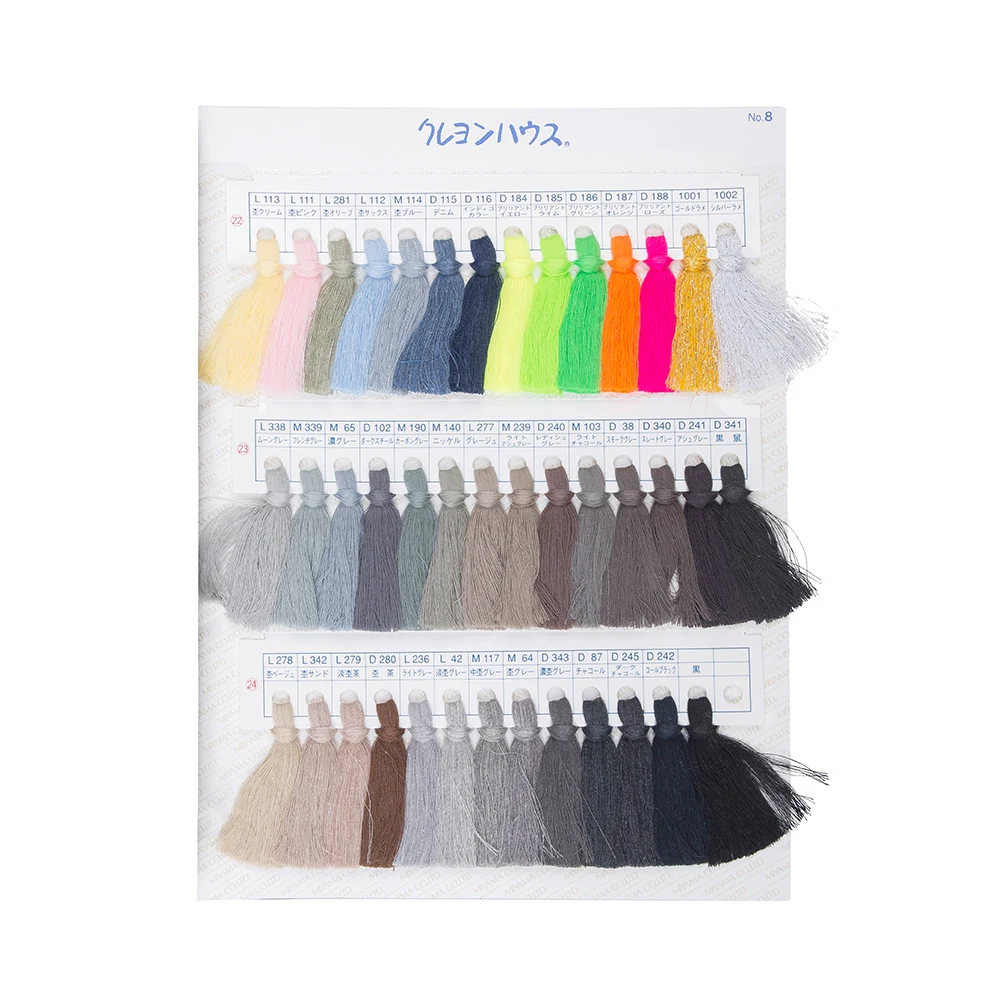1.How Do Polyester Yarn Manufacturers Promote Sustainability?
Polyester yarn manufacturers have recognized the importance of sustainability and are actively incorporating eco-friendly practices into their operations. Here are key ways in which they contribute to sustainable textile production:
a) Recycled Polyester Yarn: Manufacturers are increasingly utilizing recycled polyester, also known as rPET, as a raw material. By repurposing post-consumer plastic waste, such as plastic bottles, polyester yarn manufacturers reduce dependence on virgin materials and contribute to waste reduction.
b) Energy-Efficient Production: Polyester yarn manufacturers employ energy-efficient manufacturing processes, incorporating advanced technologies and machinery. These practices minimize energy consumption, reduce carbon emissions, and promote a greener production cycle.
c) Water Management: To address the water-intensive nature of textile manufacturing, polyester yarn manufacturers implement water management strategies. These include optimizing water usage, treating and recycling wastewater, and investing in water-saving technologies to minimize the industry’s impact on freshwater resources.
2.What Innovations Have Polyester Yarn Manufacturers Introduced?
Polyester yarn manufacturers continuously innovate to meet the evolving demands of the textile industry and align with sustainable goals. Here are some notable advancements:
a) Bio-based Polyester Yarn: In response to the growing interest in bio-based alternatives, manufacturers are developing polyester yarns derived from renewable sources such as corn, sugarcane, or recycled biomass. These bio-based polyester yarns offer similar performance characteristics while reducing reliance on fossil fuel-based feedstocks.
b) High-Performance Polyester Yarns: Manufacturers have developed specialized polyester yarns to meet specific industry requirements. These include flame-resistant yarns for protective clothing, moisture-wicking yarns for sportswear, and antimicrobial yarns for medical textiles. These innovations enhance the functionality and performance of polyester yarn in various applications.
c) Dyeing and Finishing Techniques: Polyester yarn manufacturers are exploring sustainable dyeing and finishing techniques to minimize water usage, chemical waste, and energy consumption. Techniques such as solution dyeing, digital printing, and eco-friendly finishes contribute to reducing the environmental footprint of polyester yarn production.
3.How Does Collaboration Drive the Success of Polyester Yarn Manufacturers?
Polyester yarn manufacturers understand the value of collaboration and partnerships within the textile industry. Here’s how collaboration plays a crucial role in their success:
a) Supply Chain Integration: Polyester yarn manufacturers collaborate with suppliers of raw materials, such as recycled polyester fibers or bio-based feedstocks, to ensure a sustainable and reliable supply chain. This integration facilitates transparency, traceability, and quality control throughout the production process.
b) Research and Development Collaboration: Manufacturers collaborate with research institutions, universities, and industry associations to foster innovation and develop new polyester yarn technologies. These partnerships enable the exchange of knowledge, resources, and expertise, driving advancements in sustainability and product development.
c) Customer Collaboration: Polyester yarn manufacturers actively engage with their customers, including textile brands, designers, and manufacturers, to understand their specific needs and develop tailored solutions. This collaboration ensures that the polyester yarns meet the desired specifications, performance requirements, and sustainability goals of the end products.
